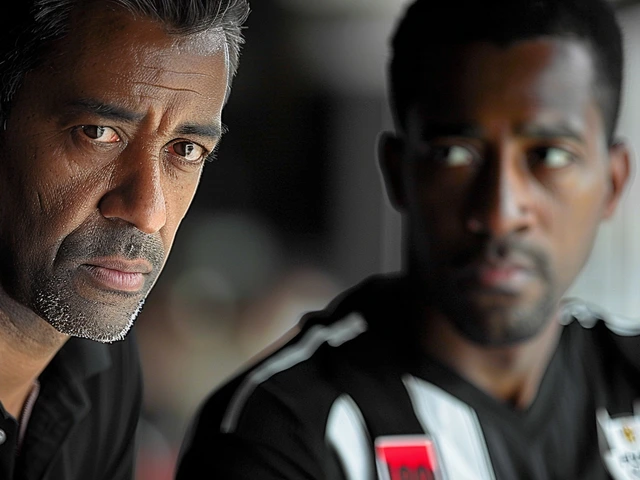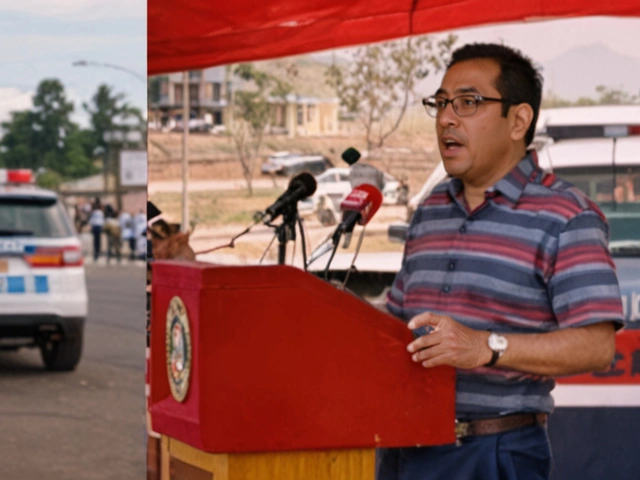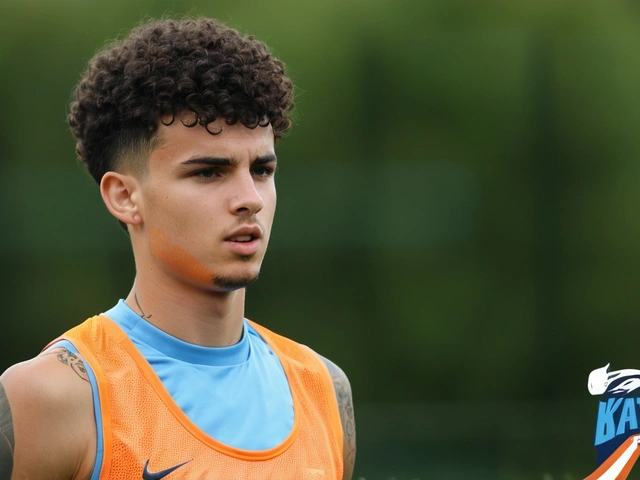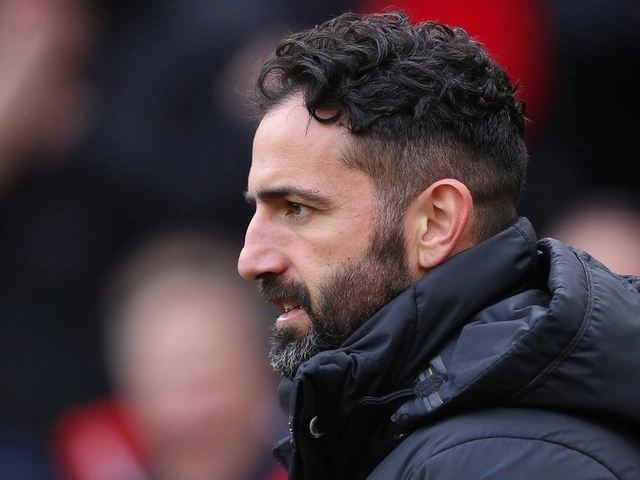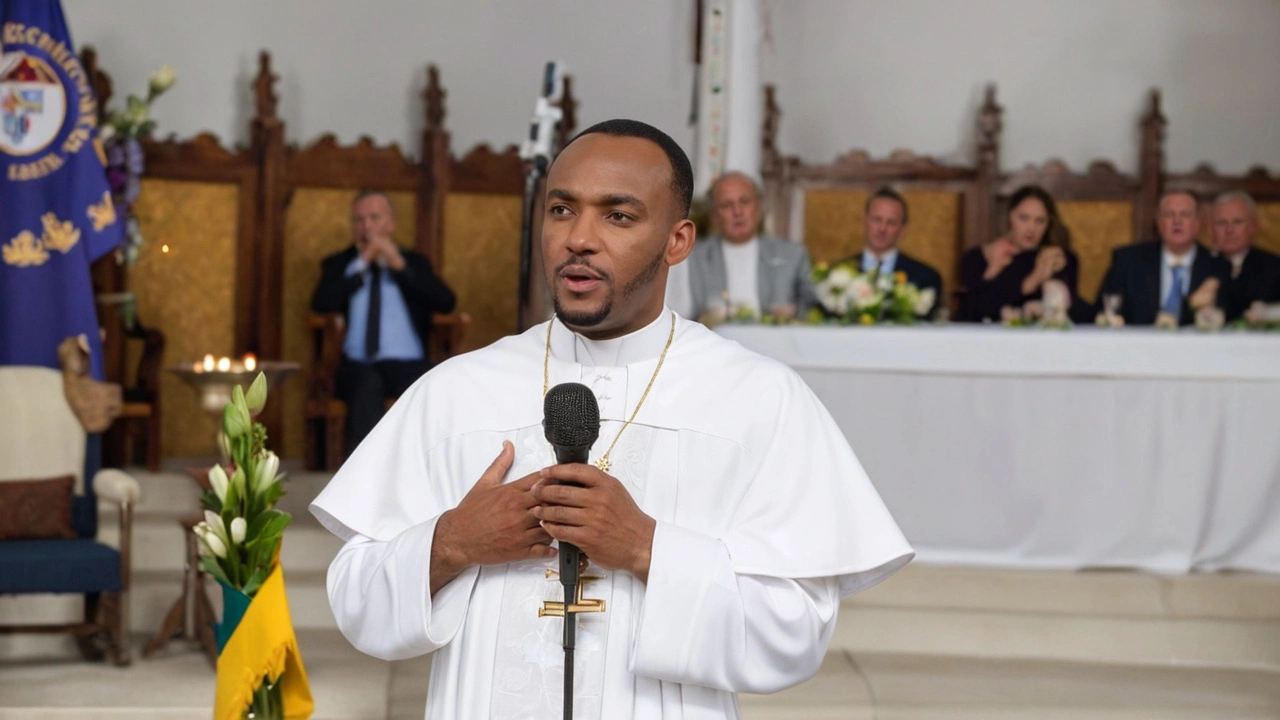
CAN Appeals for Constructive Dialogue Over Protest
The Christian Association of Nigeria (CAN) has stepped forward to call on Nigerians to reconsider the planned nationwide protest, advocating for more constructive and peaceful means of addressing grievances. The President of CAN, Daniel Okoh, emphasized the importance of maintaining calm and order during such expressions of discontent, highlighting the need for peaceful and well-managed demonstrations.
Okoh expressed his solidarity with citizens who are currently grappling with economic hardship and hunger, acknowledging the significant toll these issues have taken on families and communities across the nation. However, he stressed that while the urge to protest is understandable, the history of protests in Nigeria has often been marred by violence and chaos, particularly when miscreants hijack peaceful demonstrations.
Learning from Past Protests
The CAN President referred to past protests like the #ENDSARS and #RevolutionNow movements, which began with genuine intentions but eventually descended into chaos and destruction. Such outcomes, Okoh warned, undermine the original goals of the protests and can even result in a loss of public support for the causes being championed.
In light of these experiences, CAN is advocating for alternative methods of engaging with the government. Okoh suggested that citizens could use legal avenues such as dialogue, petitions, and town hall meetings to express their grievances and push for change. These methods, he argued, are less likely to be disrupted by those with ill intentions and can lead to more constructive outcomes.
Exploring Legal Avenues for Change
Dialogue, according to CAN, is a powerful tool that should not be underestimated. By engaging directly with government officials and policymakers, citizens can potentially effect meaningful change without the risks associated with mass protests. Petitions, too, can serve as a formal and documented way to present the collective voice of the people and demand action.
Organizing town hall meetings is another strategy proposed by CAN. These gatherings provide a platform for open and constructive discussion between citizens and their representatives. They allow for direct communication and can foster a better understanding of the issues at hand from both sides. Such forums also enable the development of practical solutions that are informed by the experiences and needs of those most affected by economic hardships.
Addressing Economic Challenges
Okoh urged the government to take immediate steps to reduce the cost of governance and implement the newly approved national minimum wage. These actions, he emphasized, would provide much-needed relief to families struggling to make ends meet in the current economic climate. Reducing the cost of governance, in particular, could free up resources that can be redirected towards social programs and initiatives aimed at alleviating poverty and hunger.
CAN's call to action is not just directed towards the government, but also towards other stakeholders, including religious leaders. Okoh highlighted the importance of inclusive problem-solving and the need for consultations with a broad range of voices to develop effective policies. By working together, he believes, it is possible to address the root causes of Nigeria's economic challenges and create a more stable and prosperous future for all.
Inclusive Problem-Solving and Stakeholder Engagement
Consultation with religious and community leaders, civil society organizations, and other stakeholders is crucial for crafting policies that are not only effective but also sustainable. These groups often have a deep understanding of the unique challenges faced by their communities and can offer valuable insights and recommendations.
Okoh emphasized that genuine and inclusive dialogue can lead to a better appreciation of the complexities of the issues at hand and foster a collaborative approach to finding solutions. Such an approach, he argued, is more likely to result in policies that are well-received and supported by the public.
The Role of Religious Leaders
Religious leaders, in particular, play a significant role in shaping public opinion and can serve as important intermediaries between the government and the people. Their involvement in the process of dialogue and consultation can help to build trust and ensure that the concerns of ordinary citizens are heard and addressed.
In calling for a suspension of the planned protest, CAN is not dismissing the legitimate grievances of Nigerians but rather advocating for a more cautious and considered approach. By leveraging legal avenues and fostering inclusive dialogue, the association believes that it is possible to achieve meaningful change without the risks associated with mass protests.
Conclusion: A Call for Calm and Constructive Engagement
As Nigeria continues to navigate its economic challenges, the call from the Christian Association of Nigeria serves as a reminder of the importance of calm and constructive engagement. While the urge to protest is born out of genuine frustration and hardship, CAN's appeal highlights the potential for alternative methods to achieve lasting change. By working together and engaging in dialogue, it is possible to address the root causes of the nation's problems and pave the way for a brighter future.

